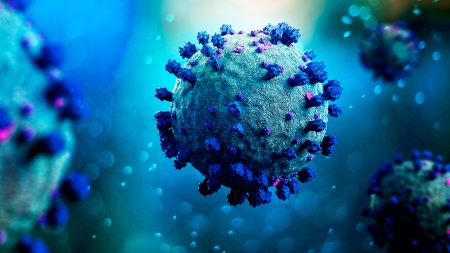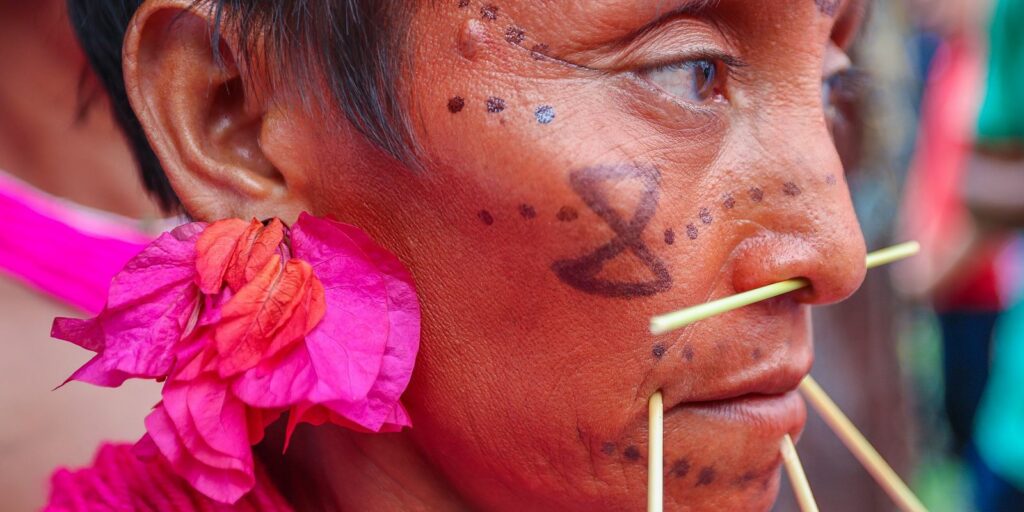Twelve Argentine scientists warned that anti-vaccination “minority groups” and “fake news” in the fight against the coronavirus pandemic “using questionable scientific arguments and distorting the truth with apocryphal arguments”, and highlighted the “key role of governments”by providing “detailed, clear and transparent information” to reduce “misinformation.”
The letter from this group of Argentine scientists, who carry out their professional tasks in different parts of the world, It is a reflection that arises before the meeting on January 27 in which the World Health Organization (WHO) will evaluate whether Covid-19 will no longer be considered a pandemic.
The first twelve signatures are those of doctors Marta Cohen, Eduardo López, Marcelo Leguizamón, Diana Salmún, Laura Bover, Adriana Bukstein, Graciela Remondino, Mario Leventer, Mario Saucedo, Mónica Vázquez Larson, Sandra Schnorr, Rodrigo Quiroga and Víctor Romanowski .
In dialogue with Télam, pediatric pathologist Marta Cohen assured that, despite being in a “better” situation, the pandemic “is far from over”and fake news and hate messages “against those of us who transmit the truth with medical evidence contribute to a great barrier that prevents us from finishing it as soon as possible.”
“There is so much anxiety that people need to believe, and sometimes they follow those voices -in many cases health professionals and without medical evidence- that assure that there is no pandemic or that vaccines do not work,” questioned the scientist who has lived for 20 years. years in the UK.
“They are all flat earth arguments, which have no scientific evidence”he pointed.
Regarding the possibility of the WHO removing the state of health emergency from the pandemic, Cohen considered that “given the situation in China, unfortunately, it would be a mistake.”
In this line, the doctor in chemistry and oncology, Laura Bover, warned that raising the pandemic could “relax” the attitude of the people.
Consulted by this agency, Bover assured that they decided to express themselves after the circulation of endless messages from “anti-vaccine doctors who speak without scientific foundations, making blunders in terminology, and inventing concepts that are not true or clear at all.”
“And on the other hand we have people who, without bad intentions, broadcast the news badly by reading it and taking it out of context. Tired of this, we thought we should write a letter that helps distinguish ‘the chaff from the wheat'”said Bover, currently based in Texas, United States.
The researcher anticipated that “the letter is already circulating among the members of the scientific teams and will add more signatures shortly.”
The letter begins by explaining that “vaccination is recognized as the main public health action carried out by humans, which has managed to drastically reduce communicable infectious diseases”, such as poliomyelitis, measles and smallpox, and have helped “to humanity to avoid the lifelong consequences of these, as in the case of poliomyelitis that causes infantile paralysis”.

“For this, it is worth remembering that in 1988 humanity suffered from more than 350,000 estimated cases of poliomyelitis and that it is currently a disease in the process of being eradicated, with only 6 cases reported in 2021.”
Then he mentions advances in other diseases such as smallpox, Hepatitis B and Human Papillomavirus (HPV).
“Despite all these advances and achievements, there are minority groups that irrationally oppose the administration of vaccines and that, using questionable scientific arguments, distort the truth with apocryphal arguments,” they explained about anti-vaccine groups.
And it contextualizes this type of movement in a “world that continues to go through the COVID-19 pandemic caused by the SARS-CoV2 virus, which has already caused more than 667 million cases and exceeded 6.7 million deaths.”
“It was necessary to make a huge effort by the scientific community to develop vaccines that would decrease the spread of the disease and the mortality caused by it. However, this enormous advance was attacked in an irrational and not serious way,” they explained.
And they argued that given this picture “the signatories declare our concern about the uninterrupted circulation of unsubstantiated false news that promotes scientific misinformation in the media and social networks with reference to the SARS-CoV2 virus, to the occurrence of the pandemic, to potential treatments that later proved ineffective, and vaccines.
“World regulatory agencies, including those of Argentina, have generated very strict protocols that describe the complete procedure for the development and approval of medicines and vaccines,” the scientists valued.
And they highlighted that the vaccines “meet rigorous stages of efficacy and safety, both before their release into the community, and in post-marketing follow-up studies to detect effectiveness and the occurrence of serious events not detected in the previous phases.”
Then they warned that “New technologies, the Internet and social networks, are essential tools in modern life. However, they are the ones that contribute to the infodemic and the circulation of fraudulent and false information”.
As an example, they cited research from the Massachusetts Institute of Technology (MIT), which showed that “Fake news was circulating on Twitter 10 times faster and had a larger and larger audience than true news.”
“How to combat fake news?” they wondered.
“We must be attentive to the source from which the news comes and always visit reliable websites,” they explained, adding that “another key strategy would be to block access to fake news that could appear when accessing social media platforms.” .
In order for these measures to have universal reach and acceptance, accurate scientific information must be accessible to all, and “helping to distinguish fact from fiction is crucial,” they explained.
Lastly, they highlighted the role of States in this type of problem.
“Governments play a key role, since they must provide detailed, clear and transparent official information that is accessible, reliable and abundant, thus reducing misinformation,” they concluded.
















